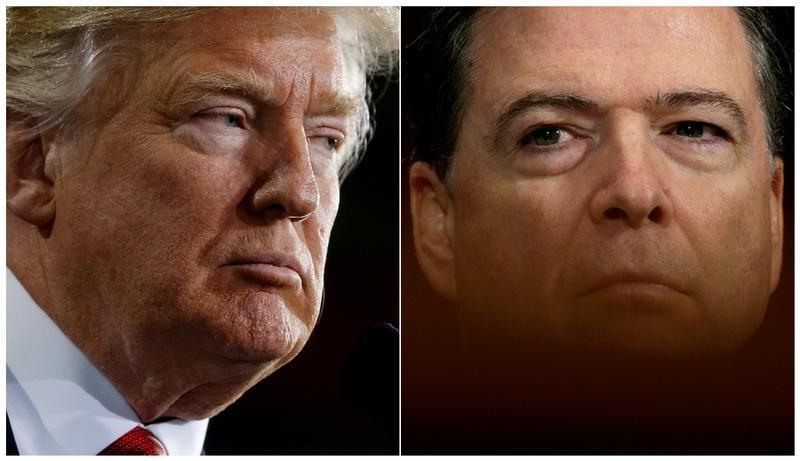The FBI’s background investigations into President Donald Trump’s nominees to fill various posts during his administration were biased and benefited people who were “politically opposed” to him, revealed a recent report by nonprofit advocacy America First Legal (AFL).
“The federal background investigation (BI) process is broken,” stated the Sept. 14 AFL report (pdf). “During the Trump Administration, candidates for presidential appointments were subject to a BI process that involved the FBI’s repeated, agency-wide violations of the Privacy Act and the Paperwork Reduction Act, among other laws.” It alleges that certain agents in D.C. tanked President Trump’s potential appointees through selective reporting of unsubstantiated, derogatory information.





